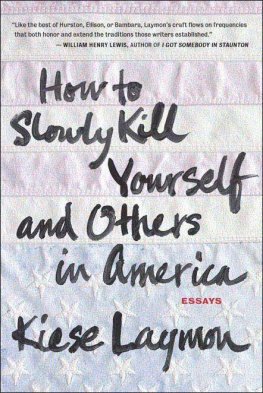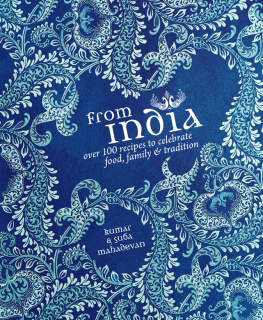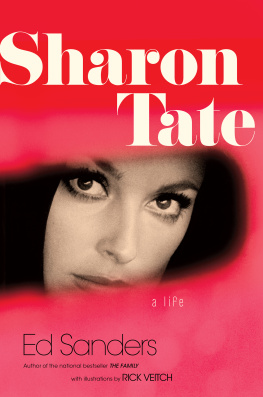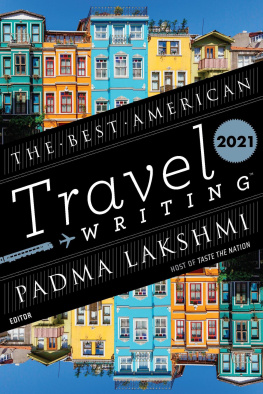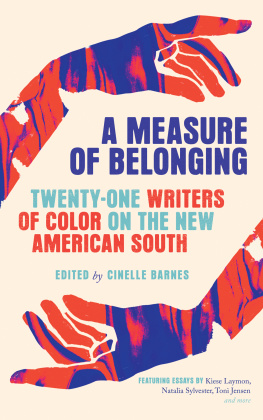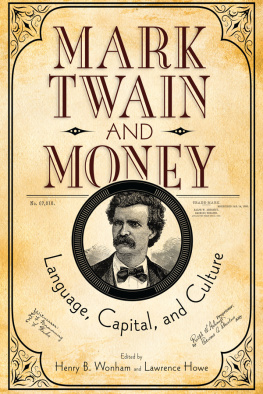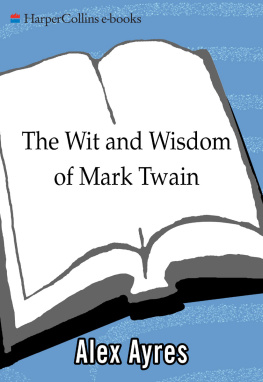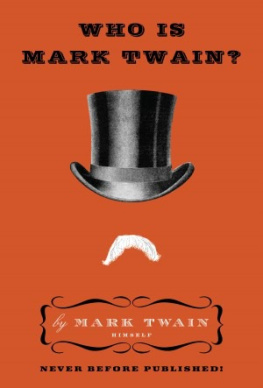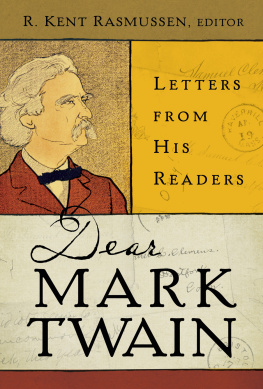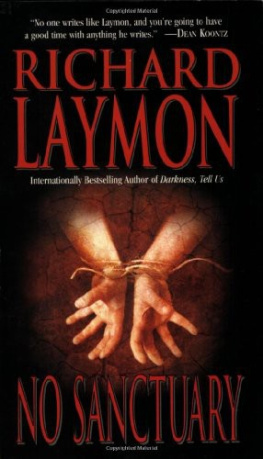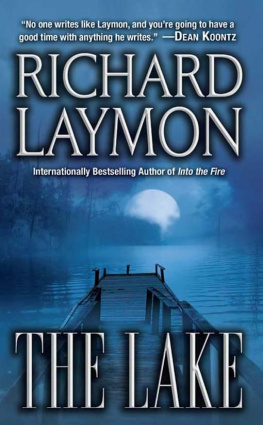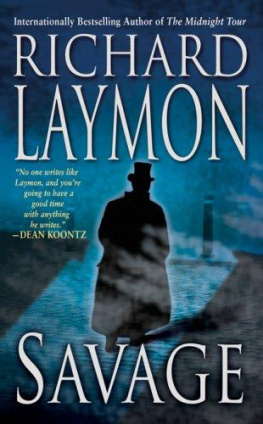

Copyright 2013 Kiese Laymon
All rights reserved. No part of this book may be reproduced or transmitted in any form or by any means, electronic or mechanical, including photocopying, recording, or by any information storage and retrieval system, without express written permission from the publisher.
Library of Congress Cataloging-in-Publication Data
Laymon, Kiese.
How to slowly kill yourself and others in America / by Kiese Laymon.
pages cm
Includes index.
Summary: A collection of essays on family, race, violence, celebrity, music, writing, and other topics-- Provided by publisher.
ISBN 978-1-57284-726-2 (ebook)
1. Laymon, Kiese. 2. African American novelists--Biography. 3. African American teachers--Biography. 4. Jackson (Miss.)--Biography. I. Title.
PS3612.A959Z46 2013
813.6--dc23
[B]
2013019503
Bolden Books is an imprint of Agate Publishing. Agate books are available in bulk at discount prices. For more information, visit agatepublishing.com.
For my family, my students, and Mississippi.
Table of Contents
Morally, there has been no change at all,
and a moral change is the only real one.
JAMES BALDWIN
I STARTED WRITING THIS BOOK NEARLY SIX YEARS AGO. My first novel, then titled, My Name Is City, had been picked up by a major New York publisher, but I slowly understood that the novel I wanted read would never be published. I put everything I ever imagined into the novel because I couldnt see myself living beyond thirty-two years old.
While the editorial process slowed, picked back up, and eventually stopped, I was getting worse at being human. One cold night in New York, someone I loved told me that I was precisely the kind of human being I claimed person to despise. I defended myself against this truth and really against responsibility, as American monsters and American murderers tend to do, and I tried to make this person feel as absolutely worthless, confused, and malignant as I was. Later that night, I couldnt sleep, and for the first time in my life, I wrote the sentence, Ive been slowly killing myself and others close to me.
A year or two after I started this book, I realized I wanted my work to be a site of the catastrophic and pleasurable, the intellectual and the everyday, the public and the private, the awkwardly destructive and the wholly sublime. Instead of imagining standard literary audiences, I knew that I wanted to question traditional literary fictive trajectory by writing to folks (or sensibilities) who dont read for living and those folks (or sensibilities) who are paid to read for a living, in everything I created. I knew that I wanted to create work that explored, with colorful profundity and comedy, the reckless order of American human being, especially since so much of the nation was in a dizzying rush to crown itself multicultural, post-racial, and mostly innocent.
I didnt know much of what I wanted in the way of shape from the book, but I knew I didnt want my voices to be the only voices in the book. I couldnt find literary models of what I wanted to do but I had plenty of musical models. Like a lot of black men who made it through the 80s and 90s, I always wanted to be an emcee. For me, this was partially because most American literature, unlike lots of American blues, soul and hip-hop, did not create an echo. Most American literary classics were not courageous, imaginative or honest enough to imagine our people, our experiences as parts of its audience. These classics were lauded, canonized, but I rarely found them genius, responsible, or even interesting. Conversely, Black American musical genius necessitated that we work with it, so much so that our experiences and imaginations almost became indistinguishable from the actual musical work itself.
But when I did find brilliant soulful courageous black American literature, it imagined us as its readers, and those literary echoes saved my life. As much as hip-hop and the blues inspired me, my most meaningful discoveries about the act of being human have come through the solitary act of listening to turning pages, rereading clumsy passages, and marking up the sides of shifty text. It wasnt the text alone that did the work; it was the reading, and rereading, of the text that necessitated the work. Rereading The Bluest Eye taught me how to see. Rereading The Fire Next Time taught me how to love. Rereading Going to the Territory taught me that human being was a verb. Rereading Kindred taught me to will myself beyond spectacle and into generative imagination that needed to look forward and back.
While hundreds of my favorite songs and albums reminded me that I was not alone, that American genius was real, that American sound could be this magical communal site of resistance and activism, listening to black American music seldom made me want to be better at being human. This has everything to do with me what I chose to listen to, and very little to do with the totality of our music. I know, for example, that the music of Mahalia Jackson kept my grandma, mother, and aunts alive and committed to love. I know that without Black American music, particularly the music of the black church in the Deep South, we would have been killed and/or continued killing ourselves a lot faster.
Still, I wanted to produce a book with a Mississippi blues and gospel ethos. And I wanted to shape the book in the form of some of my favorite albums. I thought of the essays as tracks. I thought of some of the pieces in the book as songs with multiple voices and layered musicality. I thought of ways to bring the ad lib, riff, collaboration, and necessary digression to the page. I wanted a book that could be read front to back in one setting. I wanted to explore the benefits and burdens of being born a black boy in America without the predictable literary rigidity. And I wanted young black Southerners, particularly, to generate art in response to this text while working with the essays at being better at being human. The hardest part, of course, is that I wanted to be honest about my family, my nation, my region, my memory, and me.
Im not sure Ive done anything I hoped to do, but Im thankful youve given the voices and sentences in my blood, a chance to work with you. This is how to slowly kill yourself and others in America.
Kiese Laymon
May 17, 2013
DEAR UNCLE JIMMY,
As a black boy growing up in Mississippi, I learned that there was a rickety bridge between right and wrong. And I learned that I would be disciplined more harshly than white boys for even slightly leaning toward the wrong side. But like you, Uncle Jimmy, I sadly didnt give a fuck. I broke bets I made with myself, got kicked out of high school a number of times, was suspended from college, and had run-ins with police that broke Mama and Grandmas heart. Unlike you, though, I did all of this in close proximity to a lanky, living, breathing warning.
Uncle Jimmy, that warning was you.
On July 4, you threw down your crack pipe, scrubbed yourself clean, and bought my grandma some meat. This Mamas meat, you wrote in loopy black letters on a bloody paper sack. When your sister, my mama, called me in my office at Vassar in Poughkeepsie, New York, she had no idea that the Fourth of July would be the last day she would see you alive.
You joked with your sisters before taking little Tre to get more bottle rockets. Reeking of that familiar mix of sour scalp and Jordan cologne, you probably blinked those huge webbed eyes more than usual and actually asked questions of our family.
Next page
